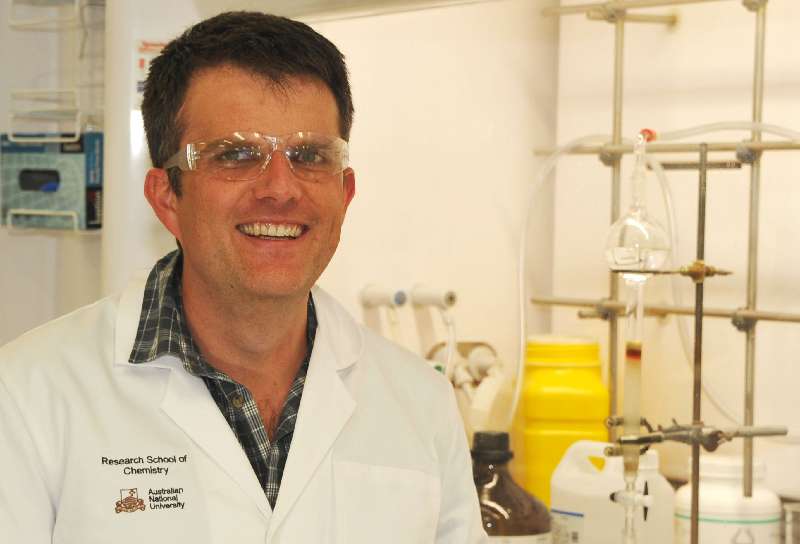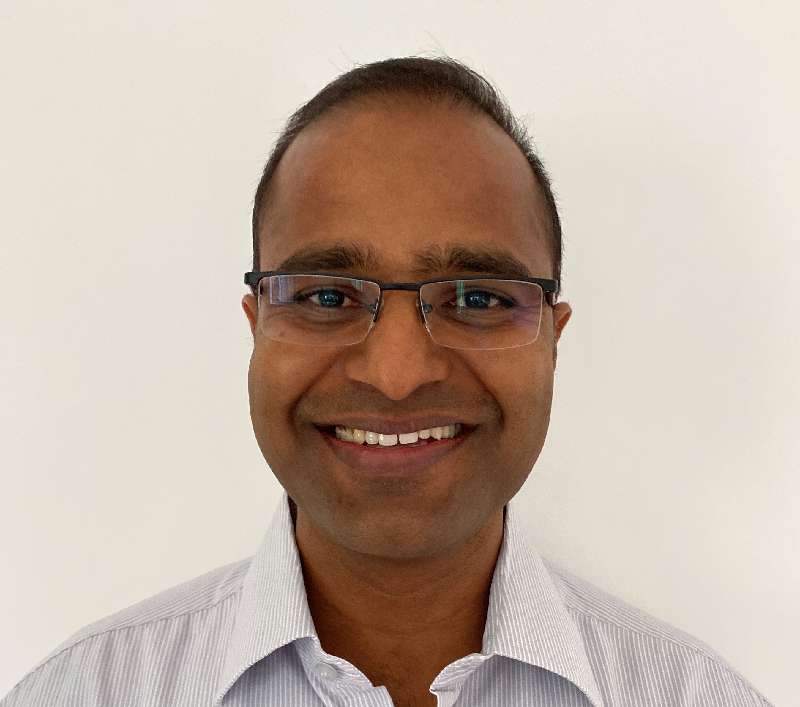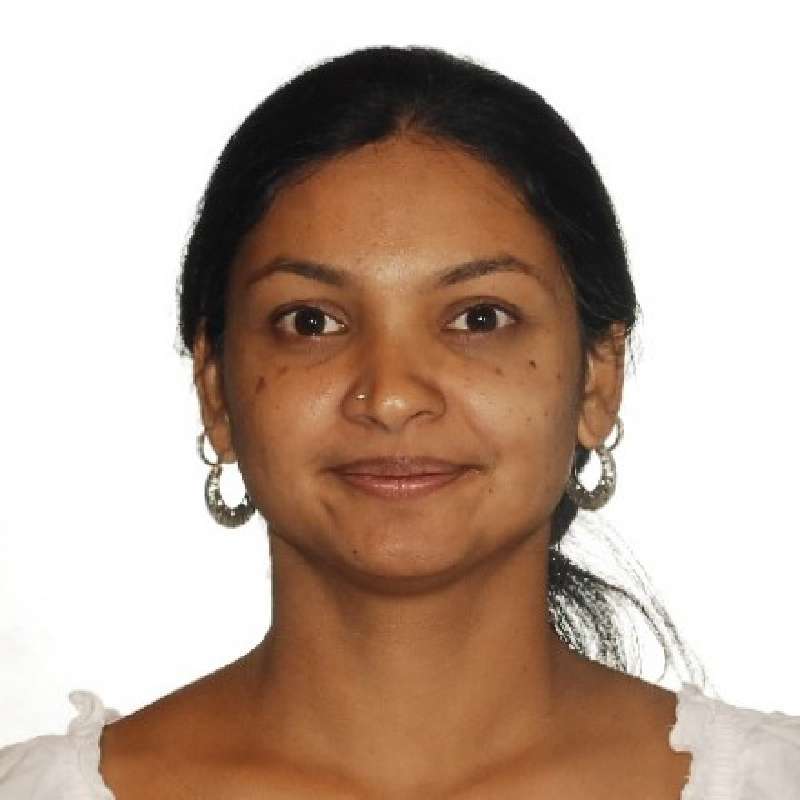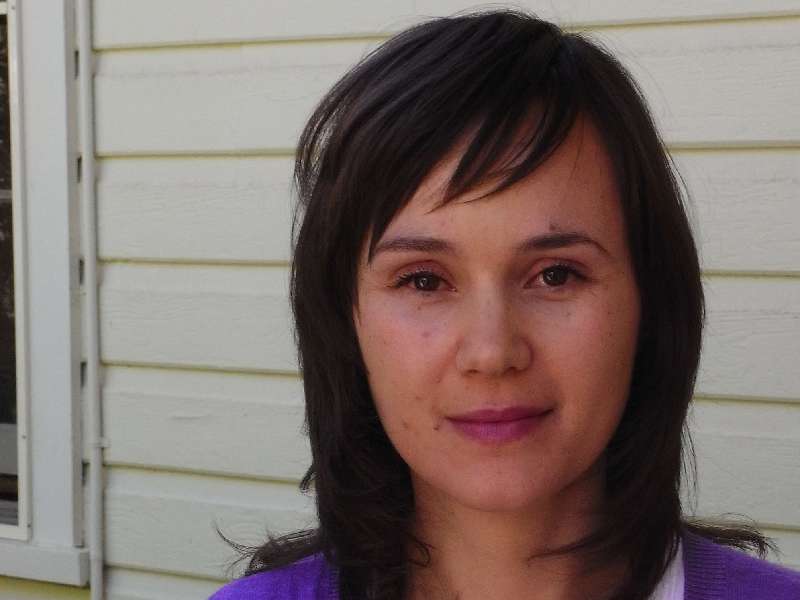
UNIVERSITY OF ADELAIDE
Research Field: Reproductive Biology
One of the greatest challenges for IVF clinics is identifying which embryos are suitable for transfer back into the patient’s womb. The current gold-standard technologies include taking a small number of cells from the embryo (a biopsy), then sequencing the DNA to confirm that the embryo has the predicted number of chromosomes. As well as being invasive, this procedure is inaccurate.
Dr Dunning is developing new technologies that overcome the need for a cell biopsy, and instead, using light to take a non-invasive, “molecular photo”. This revolutionary procedure involves shining gentle doses of light upon an embryo and using the scattered light that comes back to reveal the intricacies of its biochemistry, providing insight into the health of the embryo.
Dr Dunning’s engagement activities include: presentations to >1000 primary and secondary school students, hosting high school student visits to her laboratory and invited talks to Rotary clubs.
Dr Dunning PhD was awarded in 2008 from the University of Adelaide. She is currently a Hospital Research Foundation Mid-Career Fellow at the University of Adelaide.

UNIVERSITY OF SOUTH AUSTRALIA
Research Field: Aged Care
People living in aged care homes take an average of 10 different medications each day. Medications can improve our wellbeing, but can sometimes cause side effects such as drowsiness, confusion or falls.
Janet analyses big data to understand what medications are prescribed to people living in aged care homes and the types of side effects that can occur. She works with doctors, pharmacists and nurses and older people to help them recognise problems with medications and make improvements.
Janet’s science communication includes radio and print interviews, articles for The Conversation news website, public talks and workshops for health professionals. Janet was an expert witness at a public hearing of the Royal Commission into Aged Care Quality and Safety in July 2019.
Janet is a pharmacist and received her PhD from the University of South Australia in 2014. She is a Senior Research Fellow (NHMRC Early Career Fellow) at the University of South Australia and an Affiliate Postdoctoral Researcher with the South Australian Health and Medical Research Institute

FLINDERS UNIVERSITY
Research Field: Archaeology
Humans and our ancestors have lived through many periods of dramatic climate change, which have unquestionably influenced our evolution. Unfortunately, high quality climate records are often not available from archaeological sites making it difficult to directly measure the impacts of changing temperature, sea level and rainfall on how humans have evolved over time.
Dr Moffat’s research is focused on examining the sediments in archaeological cave sites using exciting new techniques, such as sub-surface imaging and analyzing the chemistry of teeth, to try to better understand past climates.
Ian has partnered with many community groups to map unmarked graves within historic and Indigenous cemeteries which has involved many presentations and he has run workshops for a number of Indigenous schools on using geophysical and geomatic methods in archaeology. He has written several articles for The Conversation and worked with Channel 7 and SAPOL on the 2018 investigation of the Castalloy Factory to attempt to locate the Beaumont children which was the subject of extensive national media.
CENTRAL QUEENSLAND UNIVERSITY
Research Field: Sleep Health
Two million Australian’s regularly work at night. Those that work at night are twice as likely to make an error, get injured, or have an accident, compared to day workers. Dr Vincent investigates novel ways to protect night workers. She is currently exploring how short bursts of exercise could be used in-shift and upon waking to improve the health and safety of emergency services personnel. This research will inform workplace policies and translate to a safer, more productive, shiftwork workforce.
Grace’s community outreach activities span talks to workplaces on sleep, media interviews, and engagement with industry to translate her research into policy. She has also developed infographics and digital resources to improve workers’ sleep.
Dr Vincent was awarded her PhD from Deakin University in 2016 and she is currently a Research Fellow at the Appleton Institute (Adelaide), CQUniversity.

FLINDERS UNIVERSITY
Research Field: Evolutionary Biology
Dr Clement is an evolutionary biologist and palaeontologist, who studies fish and tetrapods (the first terrestrial vertebrates), and the changes that occurred in their bodies over deep geological time. This spectacular transition from water to land is arguably the greatest step in evolution, and occurred close to 400 million years ago, in the Devonian period.
Alice enjoys working on spectacular fossils, as well as studying the animals that live today, to answer questions about early vertebrate evolution. She uses modern scanning and imaging techniques (such as CT and synchrotron imaging) to uncover the origins of the vertebrate body plan, focusing on early brain evolution and the origins of living on land.
Dr Clement has written an article for The Conversation and has featured on the children’s science TV show, Scope (Channel 10). She has actively participated in the CSIRO Stem Professionals in Schools Program at a school in Adelaide.
Dr Alice Clement received her PhD from the Research School of Earth Sciences at Australian National University in 2012. Dr Clement currently works as a Postdoctoral Research Associate in the Palaeontology Group at Flinders University, Adelaide.

AUSTRALIAN NATIONAL UNIVERSITY
Research Field: Organic Chemistry
Sickness and disease occur when normal processes in the body are only
partly functioning, not functioning at all, or sometimes when they are
functioning too well. The role of prescription drugs is to return these
processes to normal.
Tristan designs and constructs new molecules with the aim of treating
sickness, particular focussing on diseases of the brain. His research utilises
organic chemistry to invent new ways to make molecules with therapeutic
potential.
Tristan’s public outreach is immense interacting with school groups,
societies and initiatives to advance the public interest in science. This
includes public lectures and science days as well as hosting groups at the
Australian National University (ANU) to engage in chemistry lab
experiments. He also works as the Deputy-Director of the Australian
Chemistry Olympiad, training exceptional talent to compete on the
international stage. Tristan received his PhD from the ANU in 2013 and
after working at various institutes both nationally and internally is
currently a Lecturer at the ANU.

COMMONWEALTH SCIENTIFIC AND INDUSTRIAL RESEARCH ORGANISATION
Research Field: Agriculture and Phylogenetics
Dr Sam Periyannan’s passion for crop research is rooted since his
childhood being brought up along canes and cassava at a small farm in
South India. After completing a master’s degree in Agriculture and a brief
stint as a horticultural pathologist, he crossed the Indian ocean to
complete his PhD at the University of Sydney’s Plant Breeding Institute,
known globally for pioneering research on rust diseases of wheat crops,
which are vital for our food security. His breakthrough in identifying the
first gene to protect wheat against stem rust pathogen secured him a
scientific position at CSIRO where he currently leads a team.
His research involves the identification of new resistance, as rust
pathogens routinely evolve mutant strains to overcome widely used
resistance genes. To streamline the process, Dr Periyannan develops
modern tools, whereby disease-resistant varieties are developed within
three years compared to traditional approaches that take at least eight
years.
Using his success, Dr Periyannan also inspires the younger generation
through STEM activities and sharing his research at schools, colleges and
public events both in Australia and India.

AUSTRALIAN NATIONAL UNIVERSITY
Research Field: Ecology & Toxic Metals
Industrial activities have released toxic metals into the environment in
ways that damage the health of people, wildlife and ecosystems. Knowing
where and when toxic metals entered the environment is the key to
understanding their long-term impacts.
Dr Schneider studies mercury in lake sediments to understand how
industrialisation has affected the natural cycle of metals. Lake sediments
store traces of past metal contamination, allowing her to pinpoint the
timing and extent of industrial pollution. Her work has direct implications
for people’s health and wellbeing, helping to ensure cleaner air and safer
water.
At the heart of her engagement activities is the multi-institutional
collaborative network she established. Mercury Australia (www.mercury-
australia.com.au) unites community groups, industry, researchers and
government bodies to investigate mercury pollution in the Australian
environment. She regularly engages in media interviews and contributes
to community forums at local, national and international levels, drawing
attention to the looming threat of metal contamination in the Australian
environment. Dr Schneider received her PhD from the University of
Canberra in 2014 and is currently an ARC DECRA Fellow at the Australian
National University.

AUSTRALIAN NATIONAL UNIVERSITY
Research Field: Ecology & Public Health
Few of the world’s challenges loom as large as climate and environmental
change. To effectively address this major societal challenge, we need
multidisciplinary and inclusive leadership.
Dr Aparna Lal, with a multidisciplinary science background, is an emerging
international leader in this space. She has two postgraduate degrees in
Wildlife Science and Ecology, a PhD in Public Health, and qualifications in
Environmental Law and Zoology.
Dr Lal convenes the ANU Master of Public Health course “Human Health,
Environment and Climate Change” and is committed to helping young
people understand the connection between environment and health. She
is a driving force behind the integration of environment and climate
change into public health curricula. Her passion for equity and inclusivity
underpins all of her work.
Dr Lal’s public outreach includes visits to schools and conference
appearances to lead workshops or provide a keynote. She regularly
engages with the media to make her science accessible. The many articles
on inequalities of bushfire smoke and sewage surveillance for COVID-19,
which she leads, highlight a central theme of her work: The environment
is key to health.

AUSTRALIAN NATIONAL UNIVERSITY
Research Field: Public Health
I am an experienced social scientist researcher in the field of public health
with an extensive national and international networks encompassing
academia, non-profits and government. I am predominately focused on
the application of social research methods to health and social
inequalities. My interdisciplinary program of research combines practical
and critical approaches to public health, with a particular interest in
marginalised populations and qualitative methodologies. Current research
project areas include: pill testing; opioid overdose prevention;
methamphetamine use; drug use and motherhood; domestic and family
violence; Aboriginal and Torres Strait Islander Health; and ethical practice
in social research. I value collaborative approaches to research and have
extensive experience working with government and community on
evaluation and research projects. As such, my research is high impact,
with real world out-put. Among other collaborative projects, I am
currently working with a team of colleagues on a large multi-site project
across 18 Aboriginal and Torres Strait Islander communities to understand
local experiences of community safety and responses to improve safety.
Driven by local perspectives on what safety should look like,
recommendations have been made to the federal government on funding
and engagement strategies.










